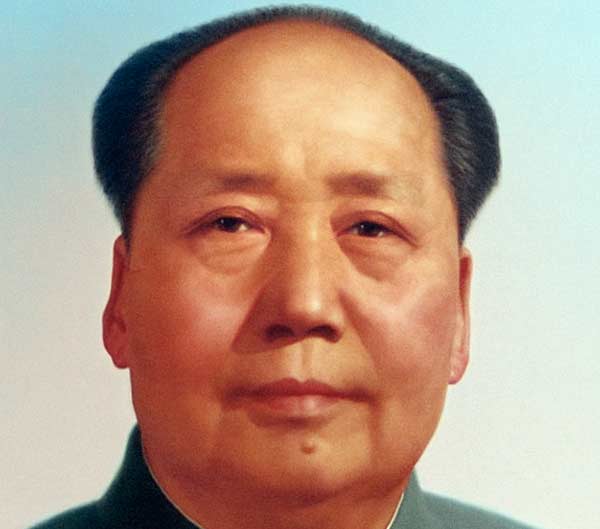By Zhang Zhenshi / Wikimedia Commons / CC-BY-SA-3.0 / GFDL
Mao Tse-tung
(Chinese Leader)
26 December 1893 – 9 September 1976 (Aged 82)
Mao was a Chinese revolutionary who became the founding father of the People’s Republic of China. He was the leader of the country and the Communist Party of China from 1949 until his death.
The Long March of 1934/35 saw Mao rise to prominence as a leader. Read more about the Long March here.
After coming to power, Mao cemented his position by pursuing a purge of his party’s enemies, leading to millions of deaths during the early 1950s.
In 1957, his proposed “Great Leap Forward” set about transforming the country’s economy from an agrarian one to an industrial one.
The policy produced widespread famine, leading to tens of millions of deaths across the country.
Following this failure, Mao’s role was weakened for a time, during this period his writings were compiled into what became his famed “Little Red Book”, which was distributed across the country.
In 1966, Mao launched his cultural revolution, resulting in a violent class struggle lasting a decade and costing millions of lives.
U.S. President Nixon was welcomed to Beijing in 1972, a moment that signaled an elevation of China’s position in the world and the beginning of a policy towards opening China to the world.
Mao died from Parkinson’s Disease in 1976, aged 82.
Mao left behind a conflicting legacy of millions of deaths and damage to traditional Chinese culture, while also modernizing the country, putting it in a position to become a major world power.
He is, without doubt, one of the most influential people in modern history.
Howard Hughes
(Producer/Aviator)
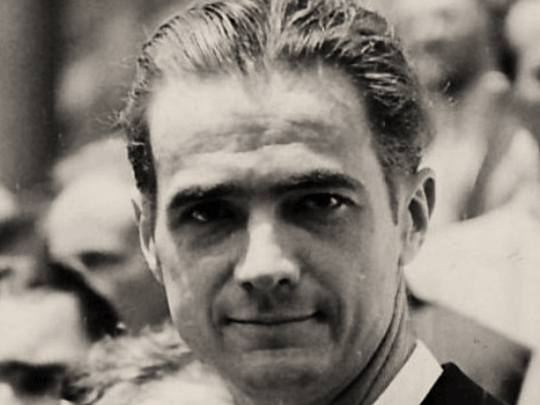
24 December 1905 – 5 April 1976 (Aged 70)
Hughes came to prominence as a film director, before going on to become a world-renowned figure in the aviation industry, and amassing a great personal fortune.
Establishing himself a major player in Hollywood in the late 1920s and early ’30s by producing big-budget films such as Hell’s Angels and Scarface.
He developed the reputation of a playboy, dating many big-name stars of the time.
In 1932, Hughes formed his own aircraft company and spent the decade pursuing his passion and setting numerous world air-speed records.
Following a plane crash in 1946, Hughes lived a largely reclusive life, rarely seen again by the public.
His situation was worsened by a debilitating pain from the crash, as well as a bad obsessive-compulsive disorder.
Hughes spent large amounts of his fortune on properties in Las Vegas, among other things.
He died from kidney failure at the age of 70, leaving behind an estate worth approx. $2.5 billion.
Agatha Christie
(Author)
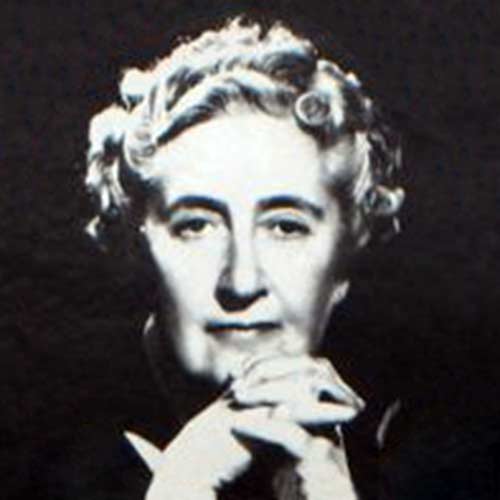
15 September 1890 – 12 January 1976 (Aged 85)
Christie was a prolific English novelist, best known for her mystery and detective novels, which have made her one of the best-selling novelists in history.
She is best known for Murder on the Orient Express and creating the characters Hercule Poirot and Miss Marple.
It is estimated Christie’s novels have sold in excess of two billion copies.
Her much-loved stories made her one of the most famous people of the 20th century. She is recognized as one of the greatest writers of all time.
Dalton Trumbo
(Author/Screenwriter)
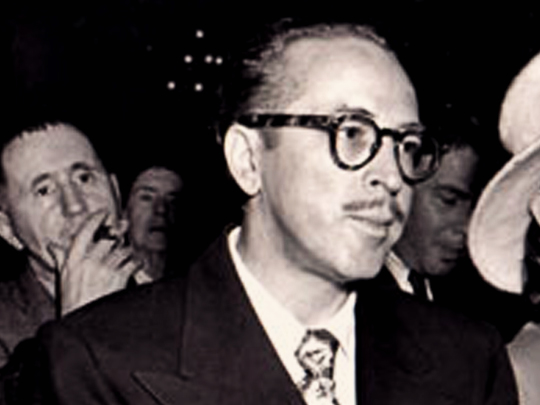
9 December 1905 – 10 September 1976 (Aged 70)
Trumbo was an American screenwriter who came to national prominence when he was blacklisted from Hollywood as part of the “Hollywood Ten” for his communist ties in 1947.
Following his blacklisting, Trumbo continued to write under other writers’ names, winning two Academy Awards.
In 1953, the award for Roman Holiday was given to a front writer, while in 1956, The Brave One was written under the pseudonym Robert Rich.
The blacklist’s power gradually weakened, and in 1960 Trumbo was publicly credited with writing the screenplay for Exodus.
Shortly after, Kirk Douglas announced Trumbo had written the screenplay for Spartacus, essentially bringing an end to the blacklist.
Among his later works were Lonely are the Brave from 1962, and Papillon in 1973.
At the age of 70, Trumbo died from a heart attack, he had been suffering from lung cancer as a result of his heavy smoking.
In 1993, Trumbo was posthumously awarded the Oscar for Roman Holiday. The 2015 film Trumbo tells the story of his life, largely focusing on his time as a blacklisted writer.
J. Paul Getty
(Businessman)
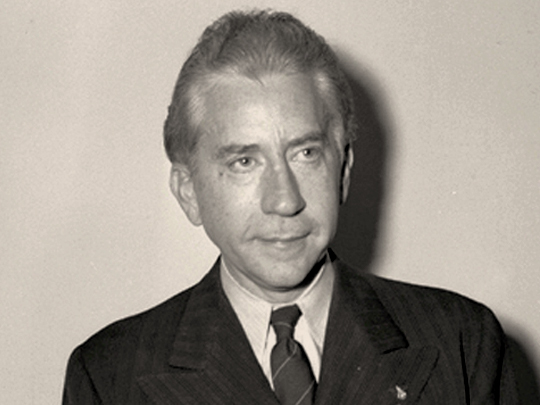
15 December 1892 – 6 June 1976 (Aged 83)
Getty was an American industrialist.
He became president of his father’s oil company in 1930, growing it to amass a personal fortune that made him the richest person in the world for a time.
The J. Paul Getty Museum in Los Angeles, California, houses the art collection Getty acquired throughout his life.
Getty died from heart failure at the age of 83.
Howlin’ Wolf
(Singer/Guitarist)
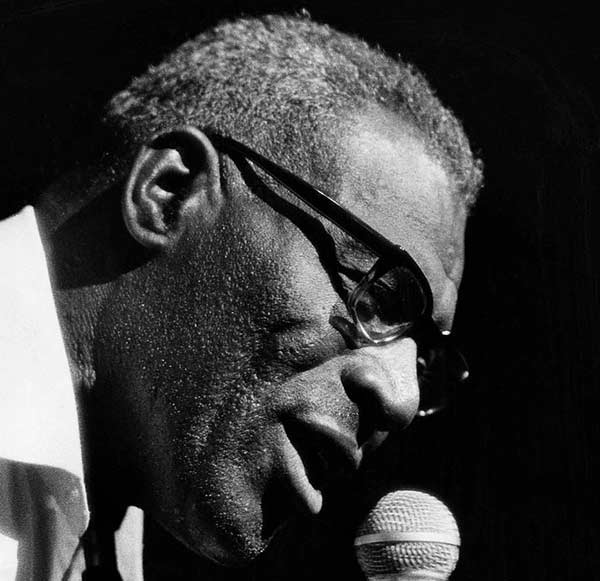
10 June 1910 – 10 January 1976 (Aged 65)
Howlin’ Wolf was a renowned blues singer and musician who was inducted into the Rock and Roll Hall of Fame in 1991.
His most famous songs are ‘Smokestack Lightnin”, ‘Spoonful’, and ‘The Red Rooster’.
Born Chester Arthur Burnett, he came from an impoverished background in Mississippi, before eventually making his way to Chicago and becoming a much-loved performer on the Chicago blues scene.
Wolf overcame illiteracy in his adult years to return to school and studied accounting to help manage his career.
His shrewd financial management was well known, while he was also noted for paying decent wages and health insurance to his band members.
He died after complications following kidney surgery and had suffered from multiple heart attacks in his later years.
Mickey Cohen
(Mob Boss)
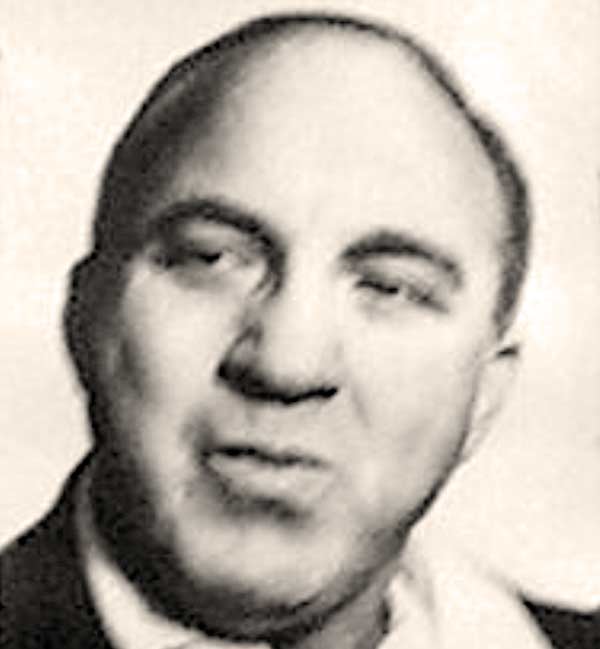
4 September 1913 – 29 July 1976 (Aged 62)
Cohen was an American gangster, notoriously famous for being an organized crime boss on the West Coast of the U.S., based out of Los Angeles in the mid-20th century.
Growing up in New York, Cohen was a boxer who developed links to the mafia and spent time acting as muscle for the mob. He also spent time working for Al Capone in Chicago.
After moving to Las Vegas, he developed ties and worked with Bugsy Siegel, Meyer Lansky, and Frank Costello.
He then moved on to Los Angeles and became a major player in Hollywood by blackmailing the unions.
In 1951, he was convicted of tax evasion and served 4 years in jail before returning to a high profile life in Hollywood. However, he was convicted for a second time in 1961 and received a 15-year sentence.
Cohen was initially sent to Alcatraz before being moved to a federal prison in Atlanta, Georgia. While in Atlanta, a fellow inmate tried to kill Cohen with a metal pipe, but he survived.
After being released in 1972, he toured the U.S. and made numerous TV appearances. He died while suffering from stomach cancer at the age of 62.
Fritz Lang
(Director)
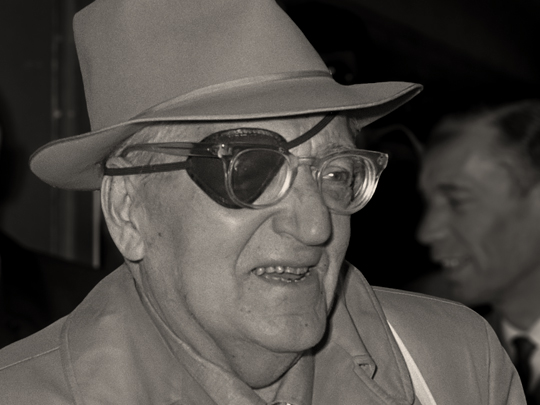
5 December 1890 – 2 August 1976 (Aged 85)
Lang was a renowned and gifted Austrian-born film director.
He honed his craft in Germany, making famous films like Metropolis and M, before moving to America and creating films such as Fury and The Big Heat.
Throughout his career, Lang developed a reputation for being hard to work with and, due to finding work harder to come by and deteriorating health, he retired in 1960.
Lang died from a stroke at the age of 85.
